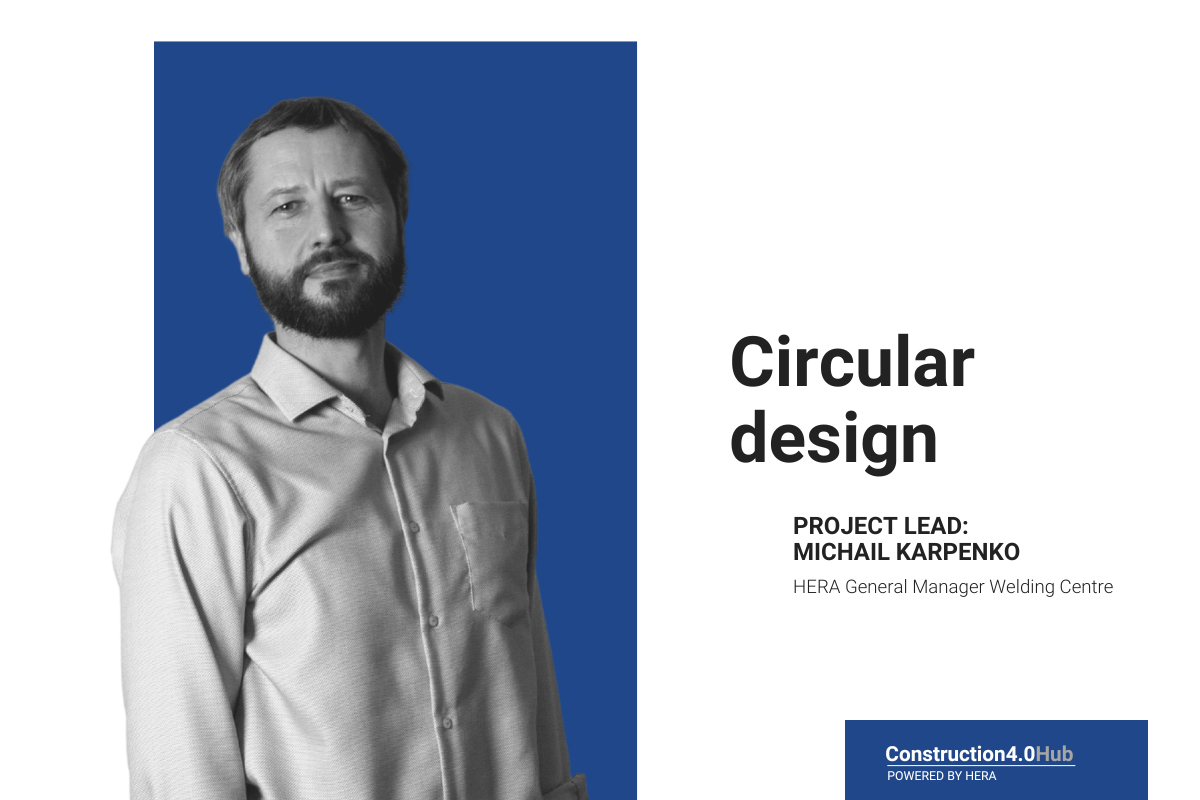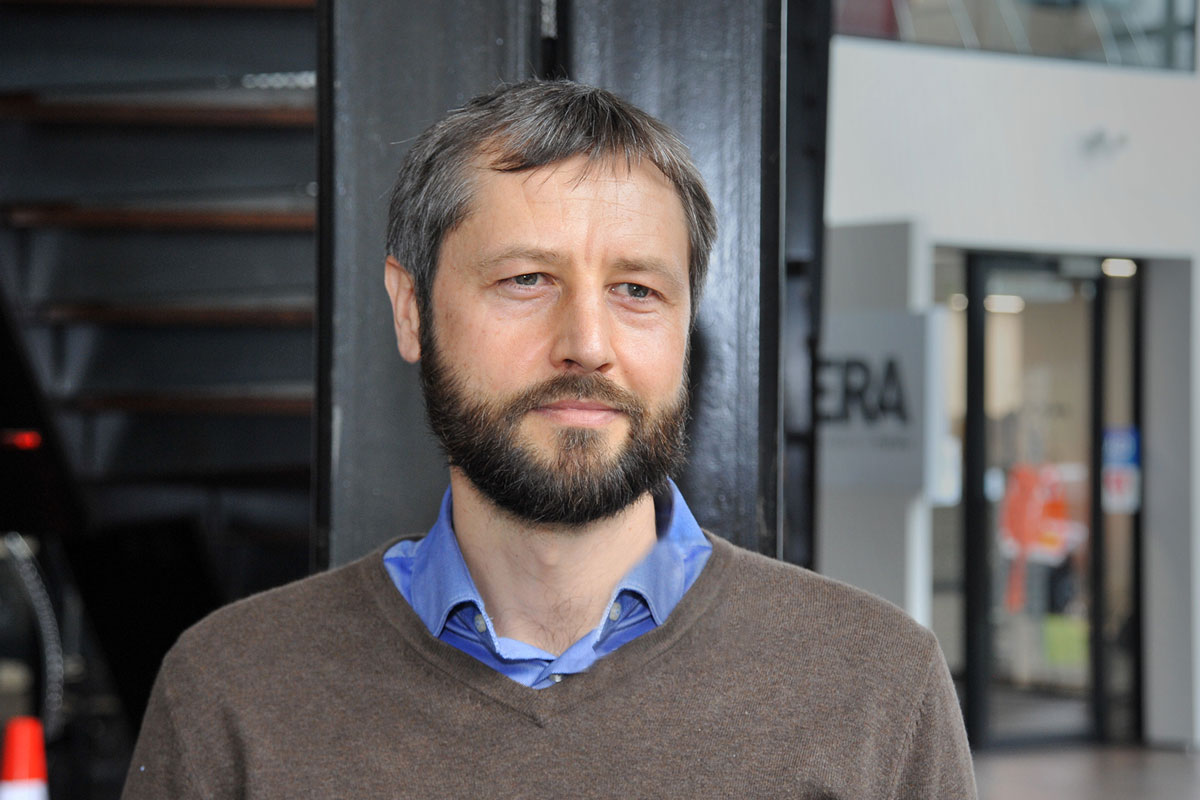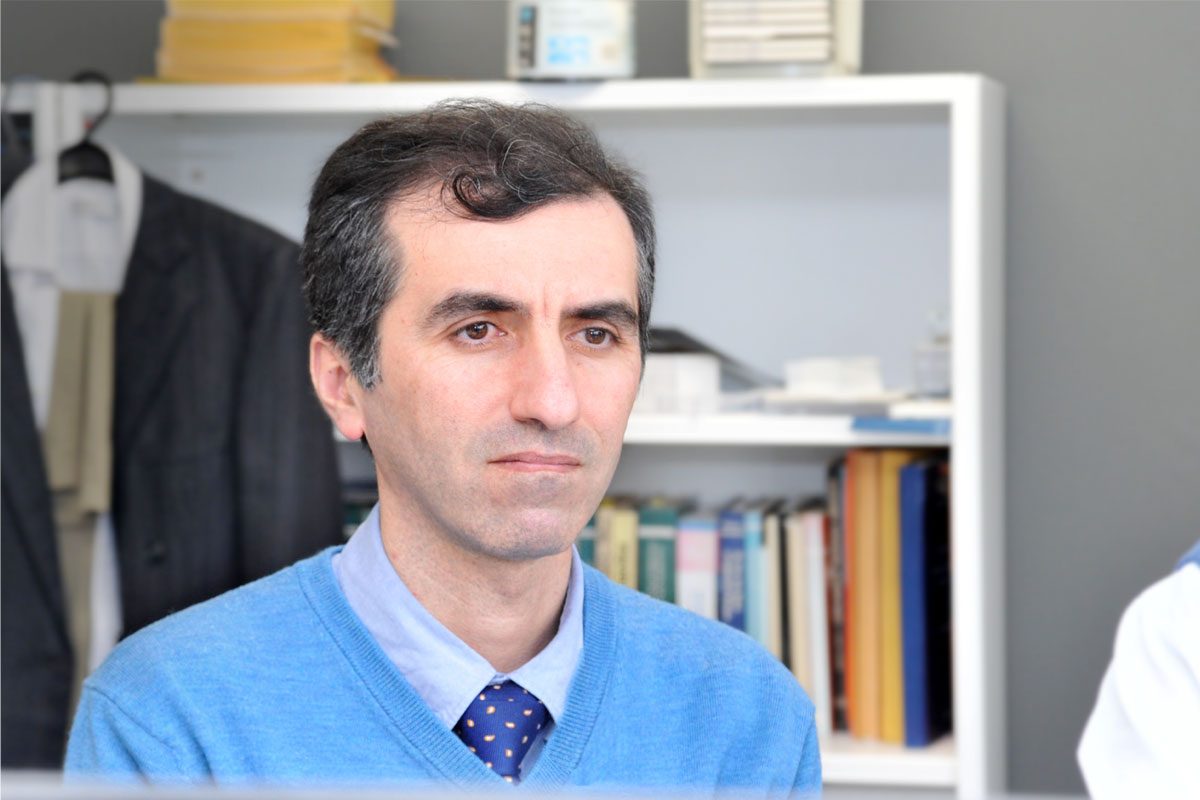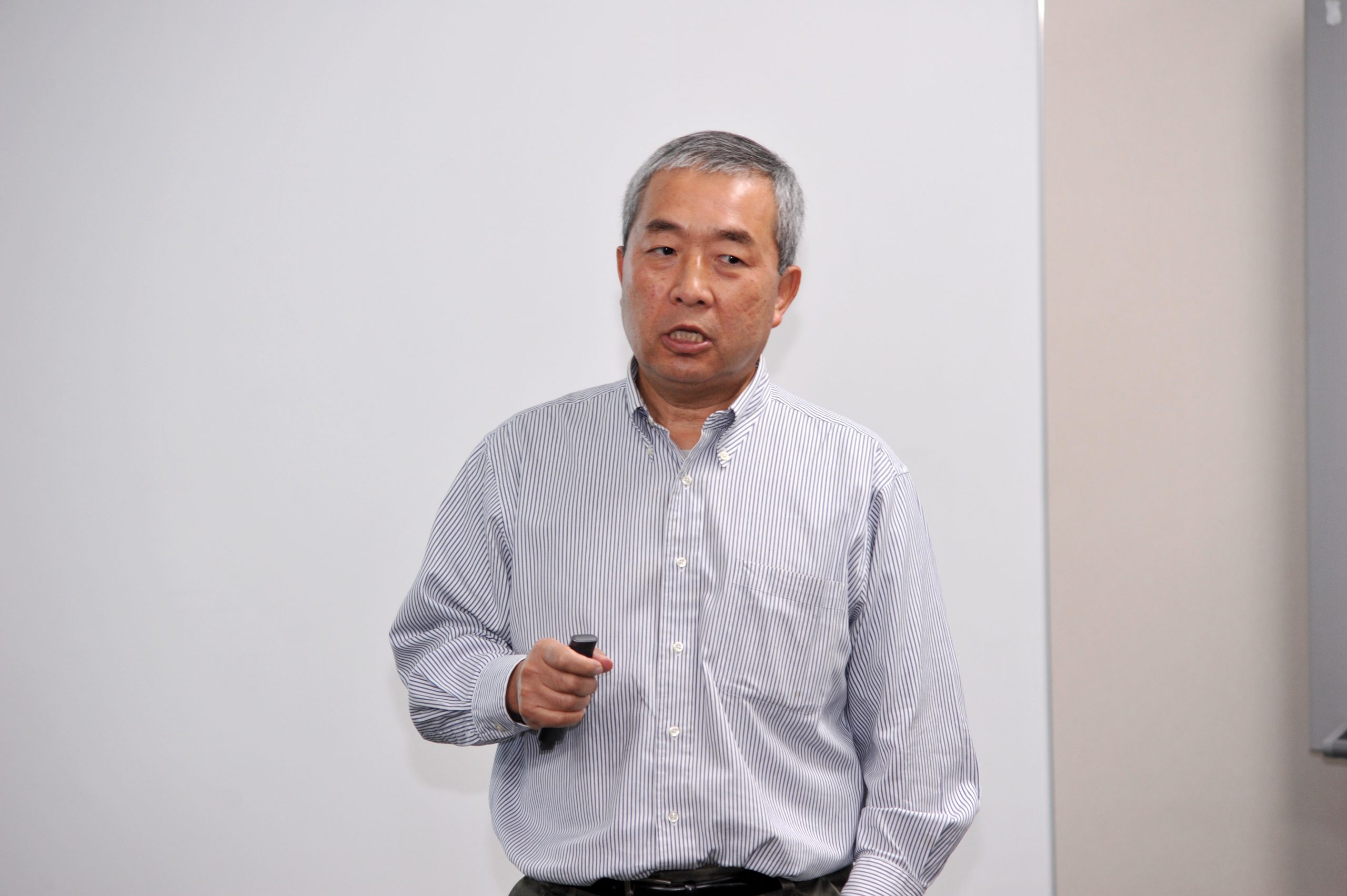As part of our wider Construction 4.0 Endeavour Funded project, this research program will challenge the established design procedures and processes used in NZ construction.
This circular design approach will be led by our General Manager Welding Centre, Michail Karpenko; and General Manager Structural Systems, Kaveh Andisheh.
Automation/digitilisation/connectivity of construction methods and processes is the central competitive factor for traditional manufacturing groups, but alongside modularisation is also becoming increasingly important for construction.
The design solutions developed in this project to enable the use of Industry 4.0 technologies, are likely to lead to double-digit productivity gains in the construction sector. The economic impact will be demonstrated based on industry case studies implemented in the course of this project.

Decision support for designers
The research aim is to develop data collection protocols (Circular design Protocols) for Structural Optimisation Models (SOM) to give designers and fabricators improved decision support tools.
This will deliver the data required for selection of the best structural solution optimised for safety, sustainability, Te Ao Māori, fitness for fabrication/construction and economy.
This project has 4 critical steps:
1.
Material and design solution protocols developed
Data collection protocols (Circular design Protocols) for the Structural Optimisation Models (SOM) for a range of materials and design solutions will be developed.
We will answer the question of how big data can be used to search for a better design and design process solutions involving all construction materials.
2.
Identification of optimisation targets
Optimisations that target high impact areas will be identified based on SOM’s and designed for manufacturing and constructability capability constraints as identified in the related constructability research.
We will achieve this in collaboration with the industry and Constructability 4.0 team.
3.
Design optimisation will be verified via case studies
Design optimisation case studies will be developed to resolve constructability constraints and so that the practical economic and environmental impacts demonstrated and quantified. We will achieve this by applying advanced design models developed for other industries in collaboration with international experts.
4.
Identification of data attributes
This research will develop a concept of a ‘product library’ with the focus on a core set of data attributes that adds quantifiable, sector-wide value and utility that is easily extendible.
The product library will include basic product metadata related to cost-effective design, also the incorporation of new parameters, such as Te Ao Māori and sustainability.


